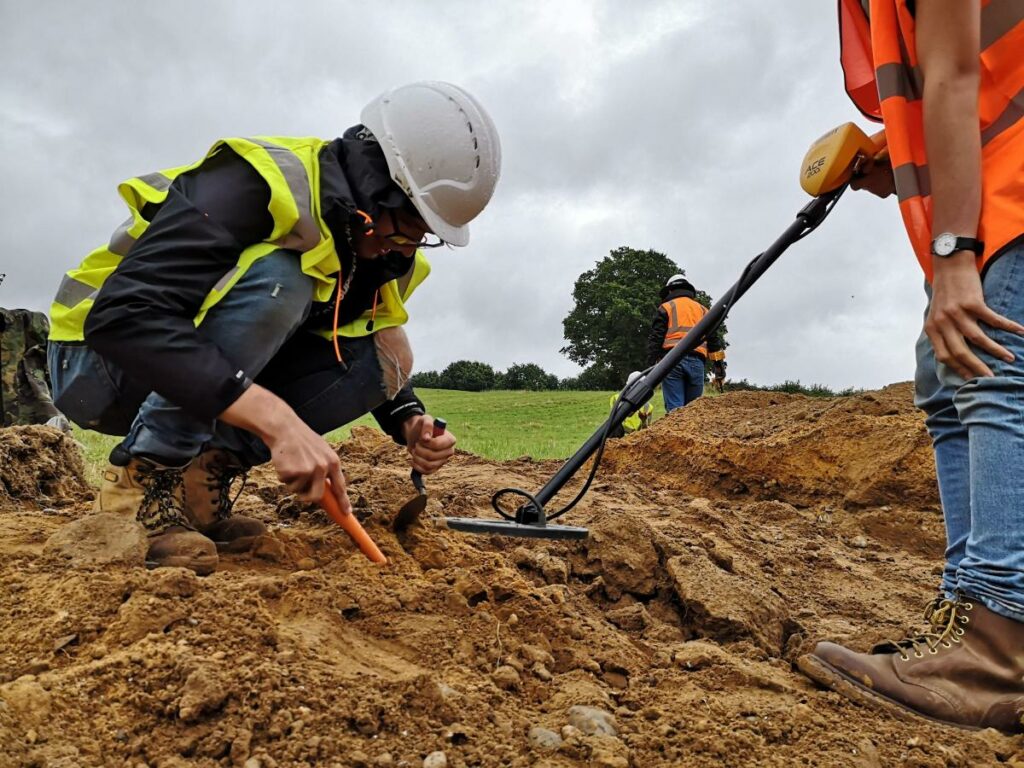Blogs
How Civil Infrastructure Project Risks Are Reduced by Geotechnical Engineering Services

A solid foundation is essential for any civil infrastructure project in order to provide stability, durability, and safety. Here’s when geotechnical and civil engineering services come in handy. The behavior of earth materials, such as rock, soil, and groundwater, and how they interact with buildings that are placed on top of or within them, are the main topics of geotechnical engineering. Geotechnical engineers assist in preventing potential problems and guaranteeing the success of large-scale infrastructure projects by addressing these variables at an early stage.
Soil analysis and site inspection are two important ways geotechnical engineering services reduce risks. Geotechnical engineers evaluate the site before any development starts, determining things like soil composition, stability, and drainage capacity. This guarantees that the design of the foundation is in line with the properties of the soil, avoiding possible risks such as landslides, soil settling, or foundation failure.
Analysis of slope stability is another crucial component of geotechnical services. Geotechnical engineers carry out in-depth analyses for projects in regions with irregular terrain or naturally occurring slopes in order to stop landslides or erosion. Engineers are able to evaluate probable dangers and provide solutions that preserve structural stability with the use of sophisticated tools and technologies.
Geotechnical engineering services are also essential for managing water resources. In order to avoid problems like soil erosion, waterlogging, or even flooding, which could harm infrastructure, proper drainage systems are essential. The systems that geotechnical engineers create regulate water flow and groundwater levels around building projects.
Consulting with a geotechnical engineering company in West Bengal is crucial for projects in the region, where distinct obstacles arise from diverse soil characteristics and monsoonal weather patterns. Because they are well-versed in the soil and topography of the area, local specialists can provide specialized risk-reduction strategies.
To sum up, the services of civil and geotechnical engineers are critical to mitigating risks and guaranteeing the longevity and security of projects involving civil infrastructure. These services clear the path for successful and durable infrastructure by carefully evaluating soil conditions and resolving potential hazards.
